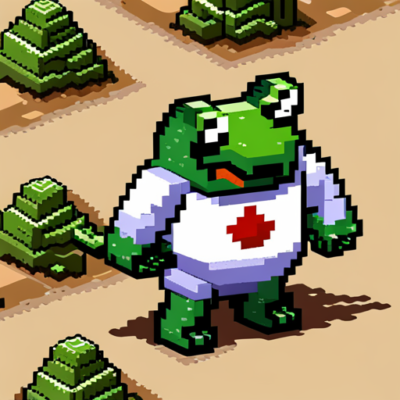
Researchers at the University of Birmingham are developing a less invasive method for detecting mouth cancer using flavored lollipops made of a smart hydrogel. The aim is to revolutionize diagnosis procedures.
At a glance
- Scientists at the University of Birmingham are developing a method for detecting mouth cancer using “flavored lollipops.”
- The lollipops are made of a smart hydrogel designed by the research team.
- Patients suck on the lollipop, transferring saliva into the hydrogel, which acts as a “fishing net” capturing potential cancer biomarkers.
- This method has the potential to revolutionize mouth cancer diagnosis, offering a quicker and gentler alternative to traditional biopsy procedures.
- The project received £350,000 in funding from Cancer Research UK and the Engineering and Physical Sciences Research Council.
The details
Scientists at the University of Birmingham are developing a method for detecting mouth cancer using “flavored lollipops.” The innovative approach aims to provide a less invasive alternative to current diagnosis methods.
The lollipops are made of a smart hydrogel designed by the research team.
Patients suck on the lollipop, transferring saliva into the hydrogel, which acts as a “fishing net” capturing potential cancer biomarkers.
The collected saliva sample can be analyzed in a lab by cutting open the hydrogel to release the captured proteins.
This method has the potential to revolutionize mouth cancer diagnosis, offering a quicker and gentler alternative to traditional biopsy procedures.
The project received £350,000 in funding from Cancer Research UK and the Engineering and Physical Sciences Research Council.
The research team worked with focus groups to determine appealing flavors for the lollipops, ensuring user-friendliness.
The project aims to provide a more accurate, faster, and kinder method for diagnosing mouth cancer.
Early cancer detection can help individuals lead longer and healthier lives, free from the fear of cancer.
The potential impact of this new diagnostic method has garnered support from patients.
One individual who underwent a biopsy expressed enthusiasm for the lollipop project as a less painful alternative.
Overall, this project represents an exciting step towards early cancer detection and improved patient outcomes in mouth cancer research.
Article X-ray
Sources
Here are all the sources used to create this article:
Facts attribution
This section links each of the article’s facts back to its original source.
If you suspect false information in the article, you can use this section to investigate where it came from.
| independent.co.uk |
|---|
| – Scientists are developing “flavoured lollipops” to detect mouth cancer without invasive methods – Current diagnosis methods for mouth cancer involve invasive procedures – The lollipop is made of smart hydrogel developed by scientists at the University of Birmingham – Patients suck on the lollipop to transfer a saliva sample into the hydrogel – The hydrogel acts like a fishing net to catch proteins that could be cancer biomarkers – The net can be cut open in the lab to release proteins for analysis – The project received £350,000 in funding from Cancer Research UK and the Engineering and Physical Sciences Research Council – The team is determining flavors for the lollipops through focus groups – The lollipop could be a quicker and kinder alternative for diagnosing mouth cancer – The lollipop project is an exciting first step towards a new way to identify mouth cancers earlier – The goal is to provide an accurate, faster, and kinder alternative test for diagnosing mouth cancer – The lollipop project aims to help people live longer, better lives free from the fear of cancer – A patient who underwent a biopsy for mouth cancer surgery expressed support for the lollipop project as a less painful alternative. |










